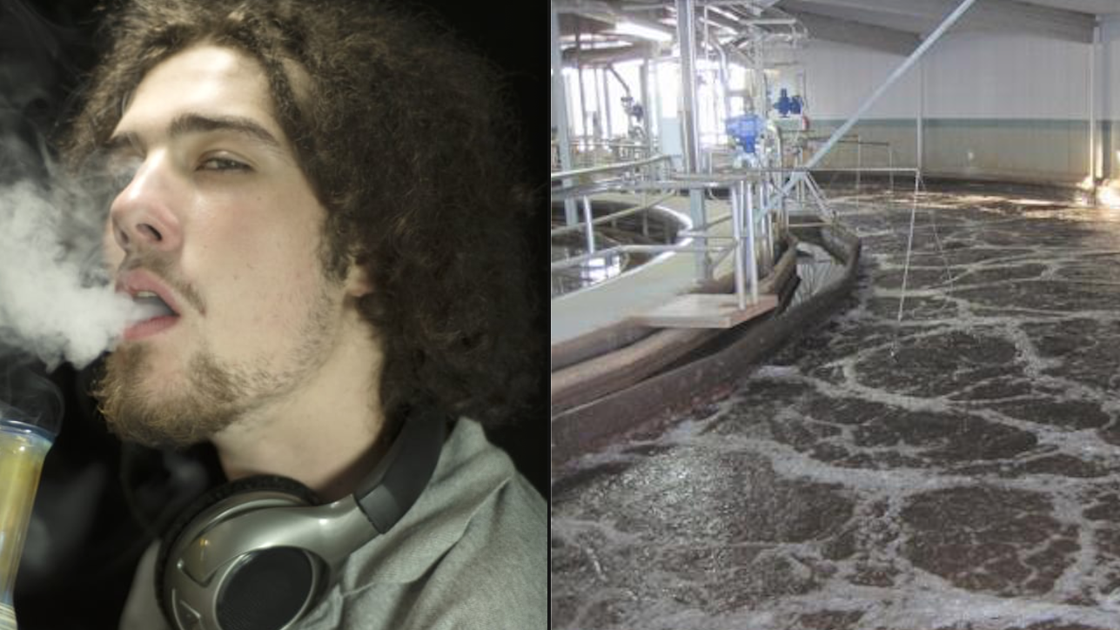SEATTLE – For researchers at the University of Washington, it must have felt a lot like hosting an episode of the television show Dirty Jobs, but their efforts have offered some valuable clues regarding the escalation of marijuana use in the Evergreen State.
The federally-funded study involved the analysis of wastewater samples from two sewage-treatment plants in Tacoma, a city where statistical drug-use is similar to that of Seattle.
Scientists examined the raw sewage, which was first frozen and then thawed out for testing, for the presence of a substance which is commonly excreted in urine after the body metabolizes THC, called THC-COOH.
Their findings concluded that THC consumption rates in the city doubled from December 2013 to December 2016, during the three-year period in which Washington’s first legal pot shops were first opened.
In spite of the glaring chemical evidence, it is still unclear as to whether the noted increase is due to more people using products which contain THC or an uptick in the amount being consumed by previous users.
Researchers also pointed out that many products which contain THC sold in legal marijuana stores are often more potent than much of the cannabis that was in circulation prior to pot’s recreational legalization.
The study, which was published this week in the journal Addiction, also indicates an apparent shift by a large number of black-market pot users to legal weed, since the spike in metabolite levels would theoretically never have been so dramatic otherwise.
The National Institute on Drug Abuse provided $120,000 for the research.
